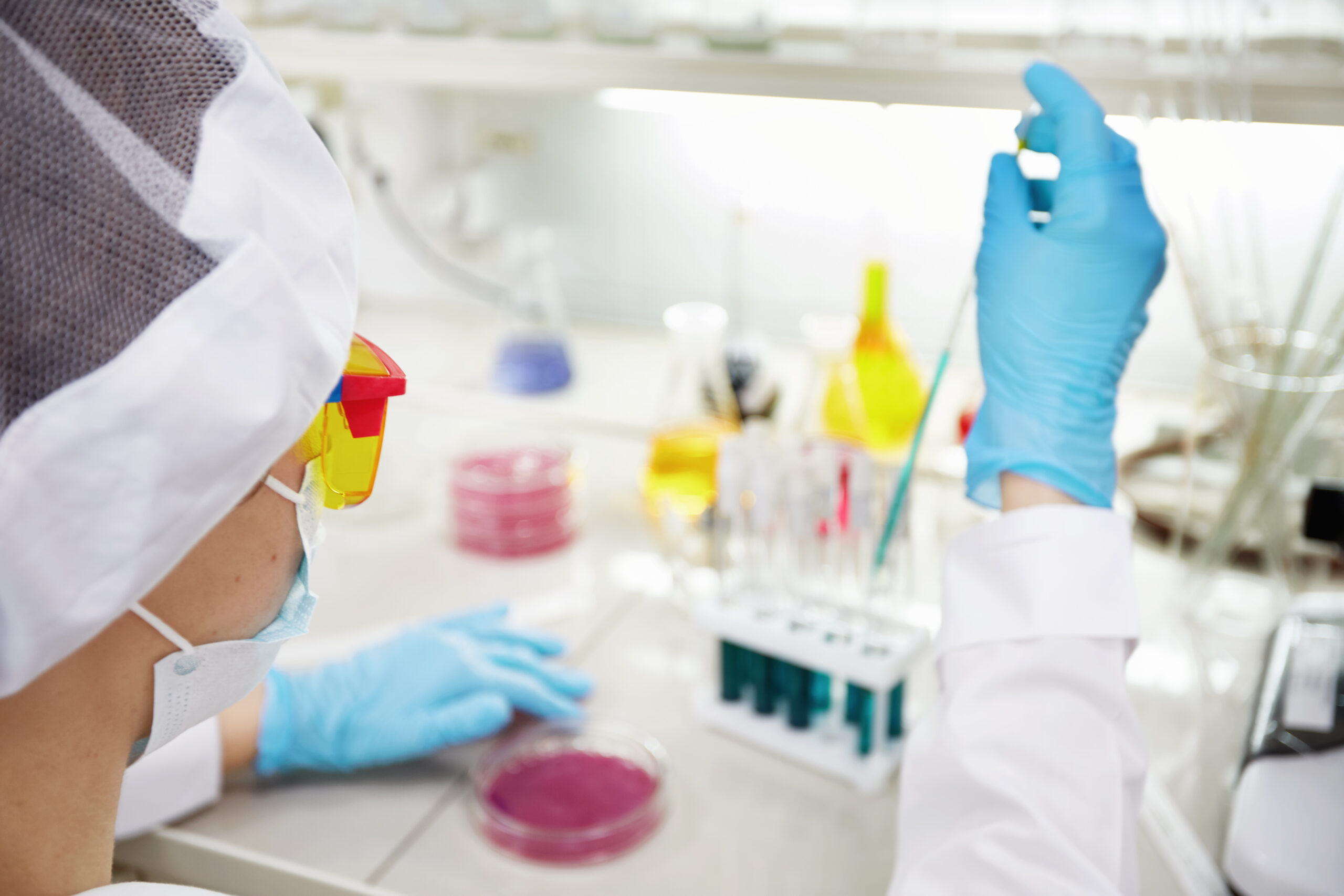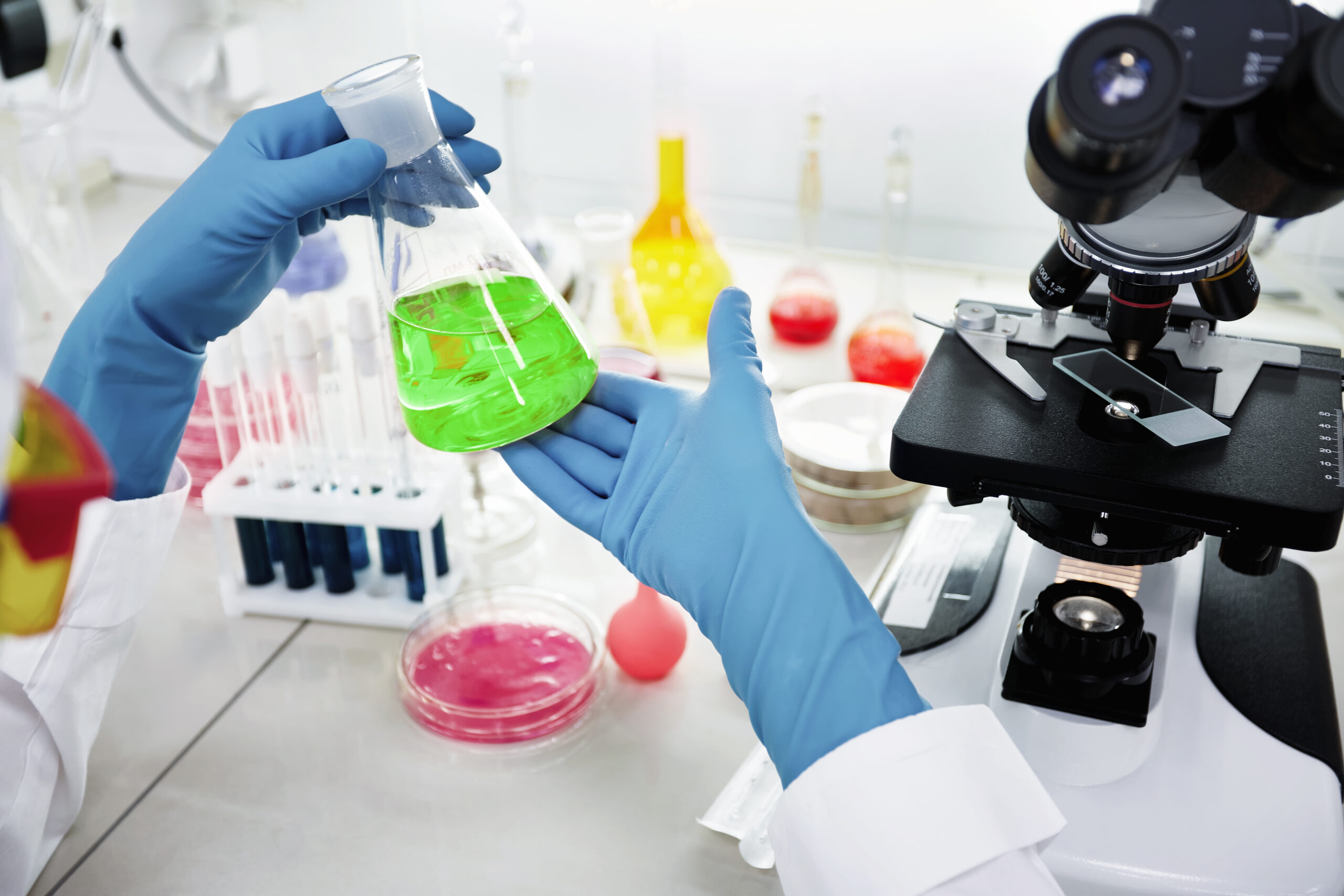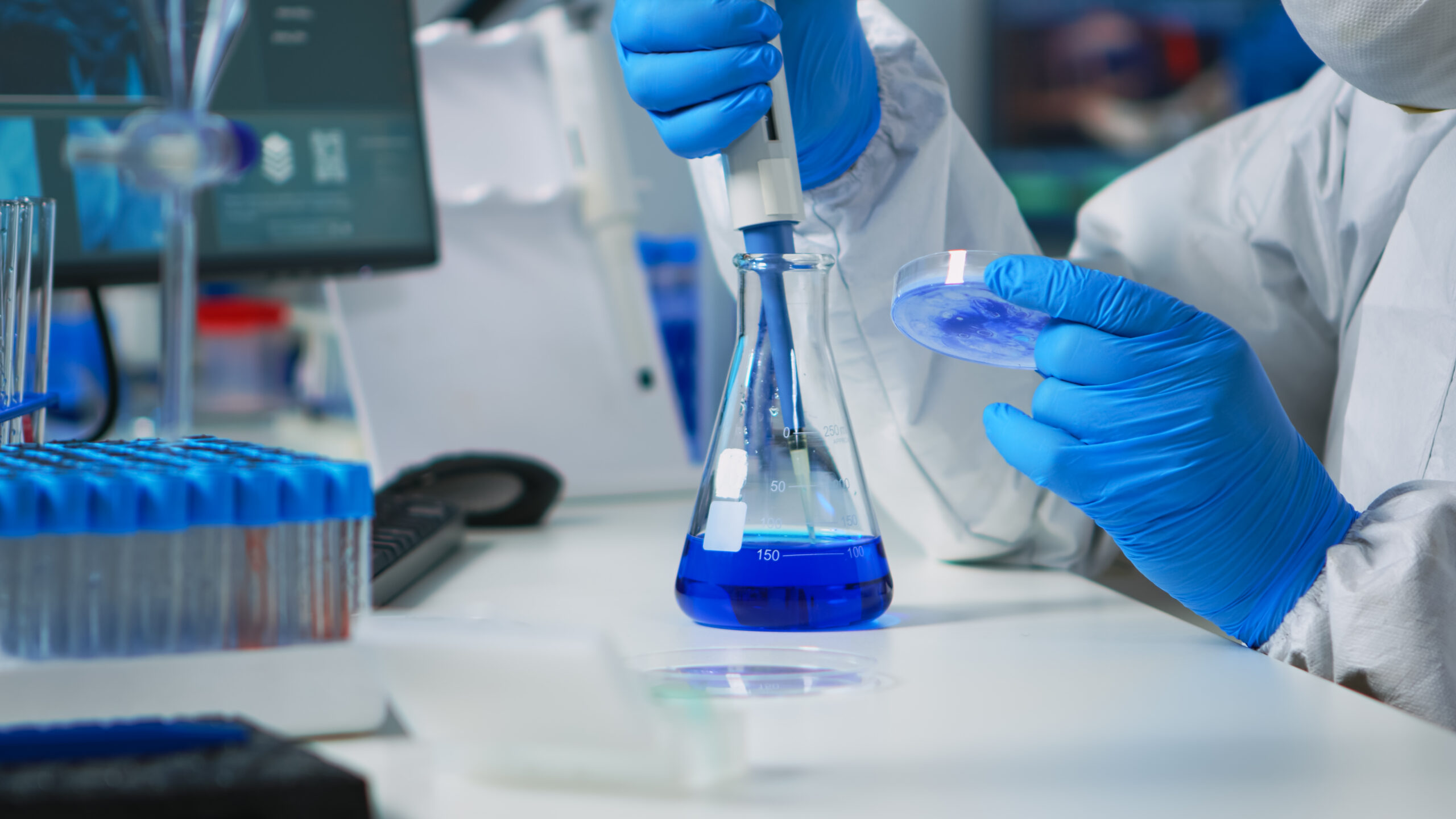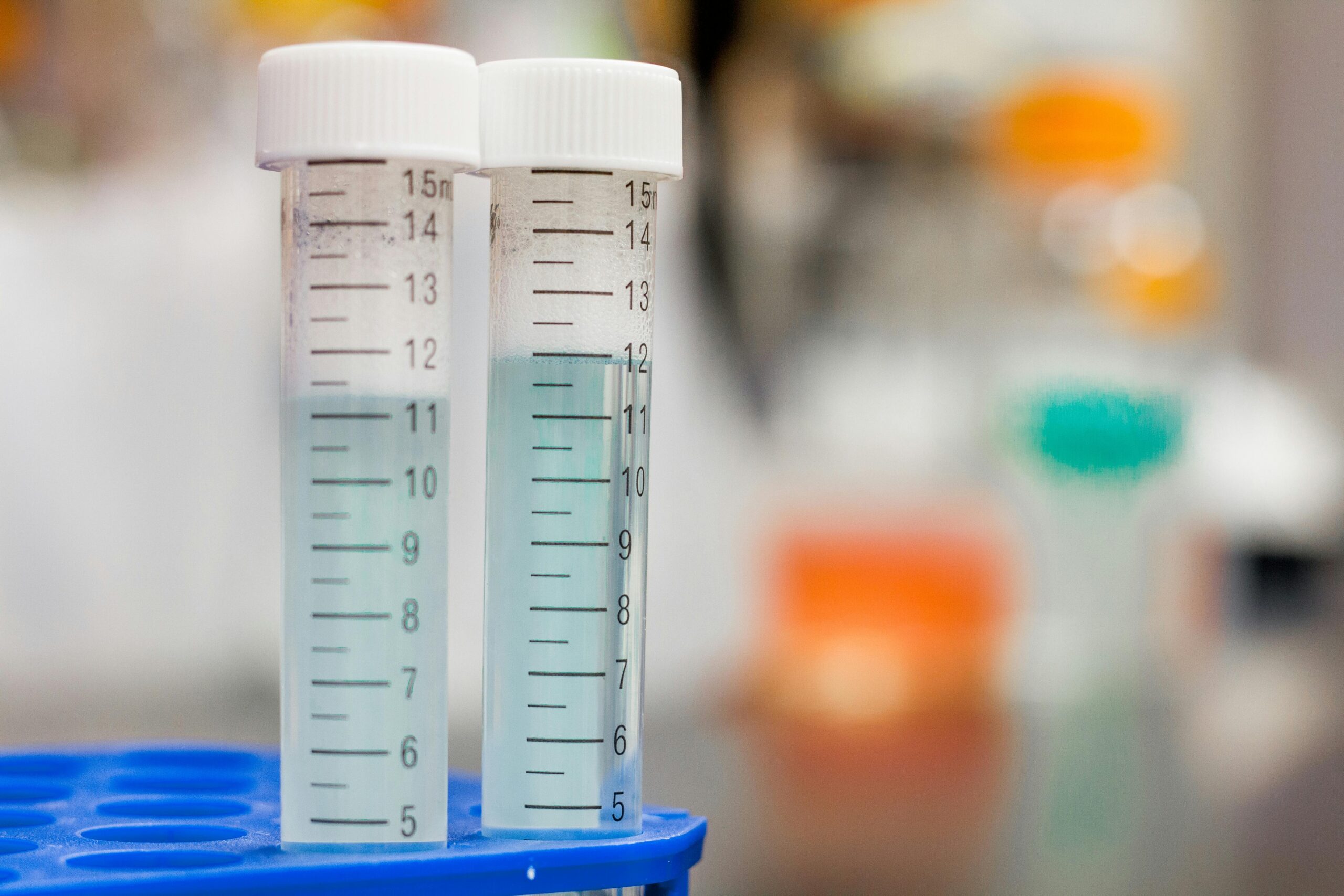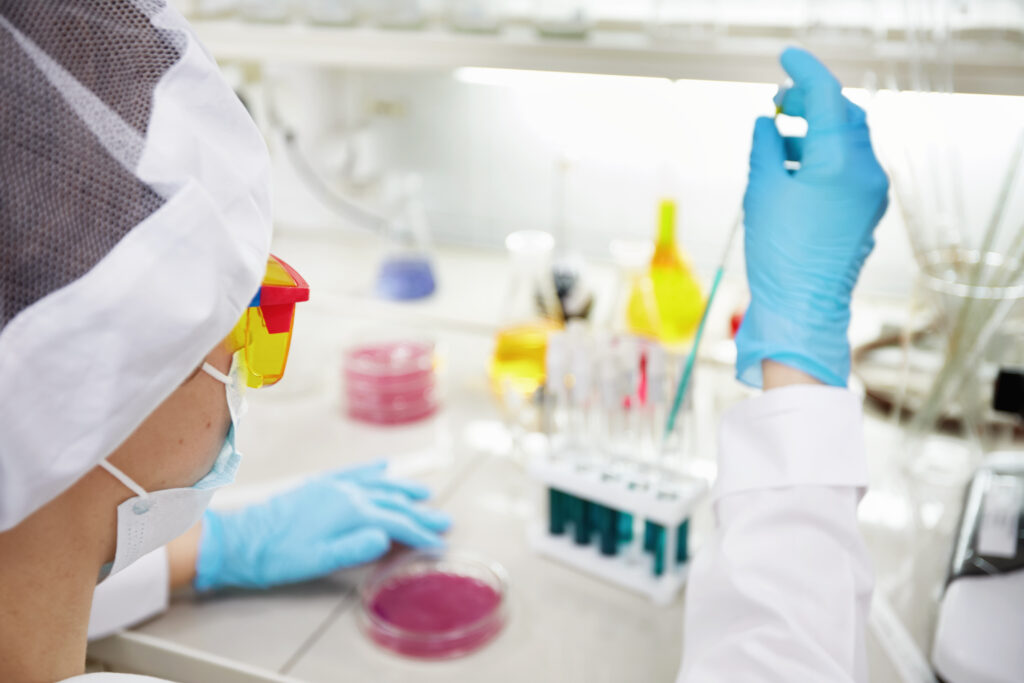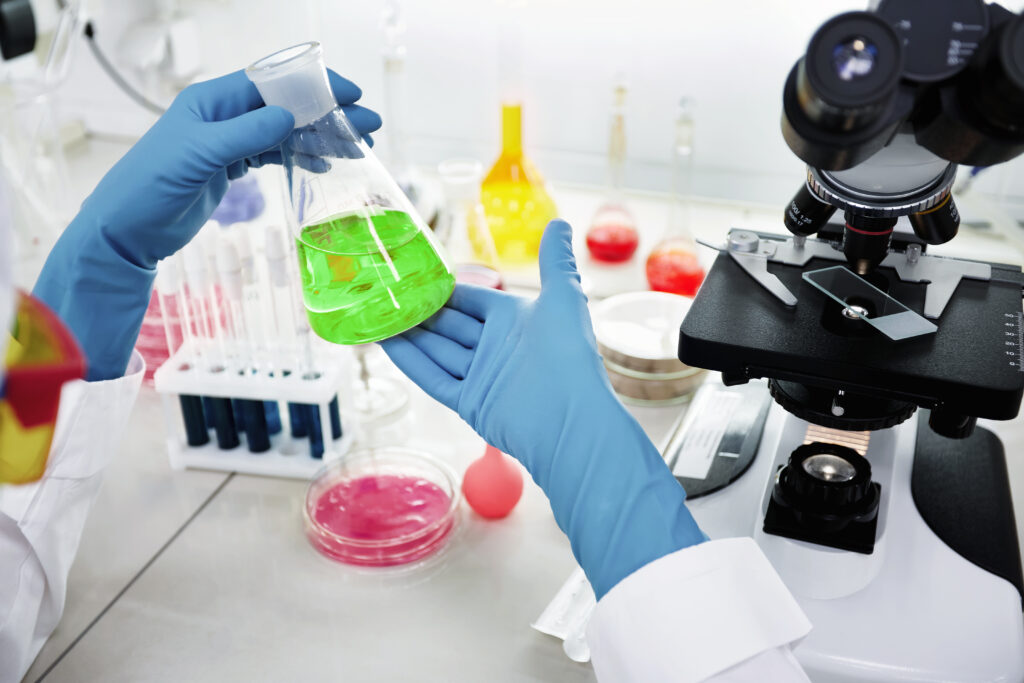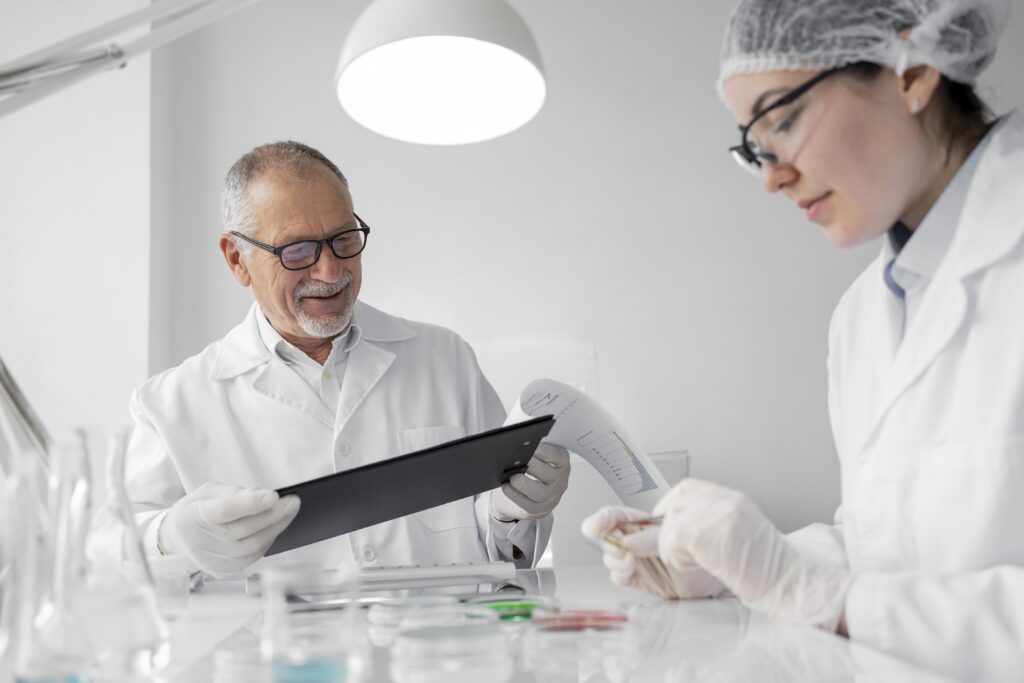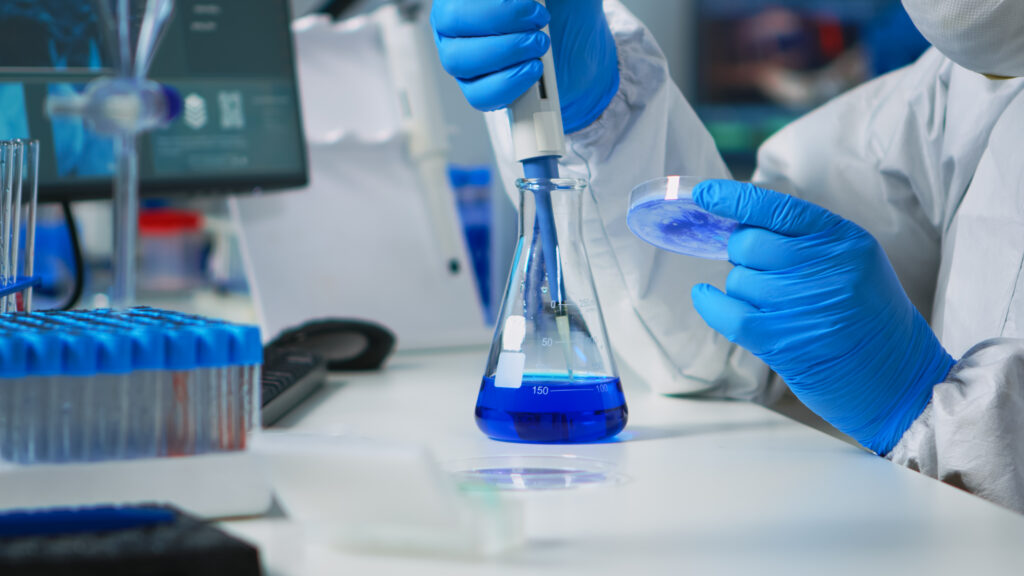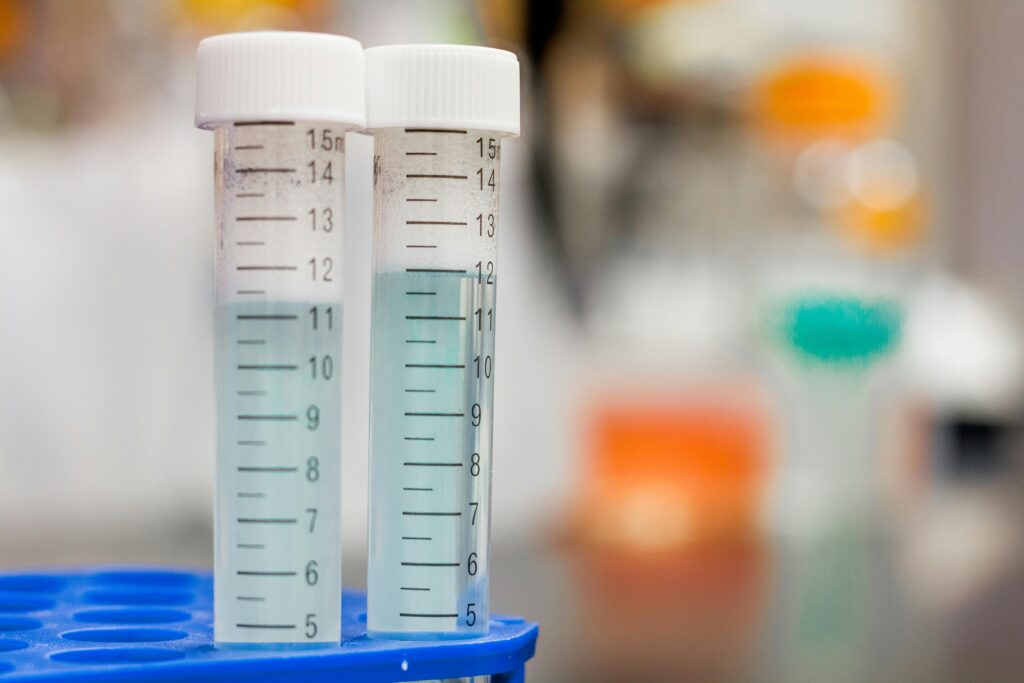In our modern world, ensuring the safety and quality of products is paramount. As people are becoming more and more health conscious, the concept of healthy eating has taken up a driving seat. Now more than ever people have started questioning the composition and the nature of their food intake. In recent times the foodborne outbreaks have been increasing at an alarming rate and this development has left the people concerned about their wellbeing. As a result, Food testing and research labs have emerged as a powerful tool to address these concerns, providing a scientific means to identify potential contaminants, allergens, and adulterants that could compromise public health. Whether it’s the food we consume or the materials that make up the products we use daily, rigorous testing is essential to guarantee their reliability.
Moreover, as dietary preferences diversify and new food products hit the market, accurate nutritional labeling and information have become essential for individuals to make informed choices. Consequently, the rise of food research laboratories, armed with advanced analytical techniques, has become indispensable in safeguarding public health, bolstering consumer confidence, and fostering transparency in the food industry. In this article, we’ll dive into the fascinating world of food and material testing labs, exploring the advanced techniques they employ to maintain the highest standards of quality and safety.
Food Testing Labs-Science Meets Safety
In modern bustling cities like Chennai and Bangalore, along with other major cities in India, the demand for safe and quality food is at an all-time high. Food testing labs play a pivotal role in meeting this demand by employing a range of cutting-edge techniques to assess the composition, contamination levels, and nutritional value of various food items. These laboratories give the necessary confidence to the public in these bustling cities that the food they are consuming is actually good for them and as a result will not be a source of discomfort for them. The Food testing and research labs guarantee both safety and expertise in assessing the quality and nature of the food components.
Here at SMSLA we take special care and implement cutting-edge knowledge and expertise in the scientific evaluation and testing of the food products.
Below are some of the scientific techniques that the food testing labs in India employ in order to test the quality of the food.
- Chromatography: Unveiling the Molecular Makeup
One of the most powerful techniques in the arsenal of food testing labs is chromatography. The primary goal of chromatography is to separate and identify the components of a mixture based on their interactions with a stationary phase and a mobile phase. This process exploits the differences in affinity or partitioning of individual components between these two phases. Gas chromatography (GC) and liquid chromatography (LC) are commonly used to separate and analyze complex mixtures of compounds in food samples. GC is perfect for volatile compounds like flavor enhancers and contaminants, while LC is ideal for compounds that aren’t easily vaporized.
- Spectroscopy: Shedding Light on Quality
Spectroscopy techniques, such as infrared (IR) and ultraviolet-visible (UV-Vis) spectroscopy, provide insights into the molecular composition of food. These methods help identify the presence of specific compounds, allowing labs to ensure that food products meet regulatory standards and do not contain harmful substances. Spectroscopy in food labs can provide insights into various aspects of food, such as identifying contaminants, assessing nutritional content, detecting adulterants, and ensuring product authenticity.
- Microbiological Analysis: Detecting Invisible Threats
Microbiological testing is crucial to detect the presence of harmful microorganisms that can lead to foodborne illnesses. Techniques like polymerase chain reaction (PCR) and enzyme-linked immunosorbent assay (ELISA) are employed to identify pathogens like bacteria, viruses, and parasites, ensuring that the food we consume is safe.
- Sensory Analysis: Exploring Taste Senses
Sensory Analysis serves as the window to a consumer’s palate, unraveling the intricate world of taste, aroma, texture, and appearance in food products. This method involves trained panels or specialized equipment to evaluate how consumers perceive various sensory attributes. It allows food testing labs to decode the nuanced preferences of individuals, guiding product development and quality control. By delving into the sensory experience, labs can ensure that food items not only meet regulatory standards but also resonate with consumer expectations, delivering a delightful culinary journey..
- Nutritional Analysis: Nourishing Ingredient Knowledge
Nutritional Analysis is the nutritional compass of the food industry, providing invaluable insights into the composition of food products. This technique quantifies essential nutrients like proteins, fats, carbohydrates, vitamins, and minerals, contributing to informed dietary choices. Nutritional analysis ensures label accuracy and helps food testing labs assess compliance with nutritional guidelines. It empowers consumers to make healthier decisions while enabling manufacturers to optimize formulations and meet nutritional claims, fostering a transparent and health-conscious food market..
- Particle Size Analysis: Unveiling The Hidden Dimensions
In the realm of food science, Particle Size Analysis offers a magnifying lens to explore the world of textures and consistencies. This method measures the distribution of particle sizes in food products, impacting sensory attributes like mouthfeel and overall quality. Food testing labs employ particle size analysis to ensure consistent product textures, aiding in optimizing formulations and production processes. By understanding particle interactions, labs can craft products that not only taste great but also offer a harmonious sensory experience.
- Rheology Testing: Unraveling Material Behaviors
Rheology Testing unveils the inner workings of a food’s flow and deformation behavior, providing insights into consistency, viscosity, and stability. This technique, akin to exploring a material’s personality, is crucial for formulating products like sauces, creams, and baked goods. Food testing labs employ rheology testing to assess product behavior under different conditions, ensuring that products meet desired performance standards. By deciphering the complex dance between forces and materials, labs help create products that maintain their integrity on the plate and on the palate.
Not only in Chennai and Bangalore but major cities in India, as well as across the globe, the advanced techniques used in food and food material testing labs are critical in upholding consumer safety and product quality. From complex processes of chromatography to spectroscopy, from microbiological analysis to mechanical testing, these labs employ a diverse array of methods to ensure that the products we rely on every day are of the highest possible quality.
Conclusion
Thus, understanding the science behind quality assurance in food and material testing labs helps us appreciate the dedication and precision that goes into ensuring our safety and satisfaction. Whether it’s the food on our plates or the products we use, the sophisticated techniques used in these labs are a testament to our society’s commitment to excellence. SMSLA is a torchbearer in this regard.
SMSLA is a leading food testing laboratory in India that provides comprehensive, prompt and reliable testing services for food allergens, additives, contaminants, and more. With their cutting-edge techniques and cutting-edge facilities, they guarantee precise and dependable outcomes, empowering both individuals and businesses to navigate the labyrinth of food safety and excellence. By spotlighting SMSLA as a leading food testing lab in India, we take a stride towards curbing food allergies, sensitivities, and bolstering public well-being in the most delectable way possible.
Looking for a place to take care of your food quality doubts, let SMSLA take care of it.


